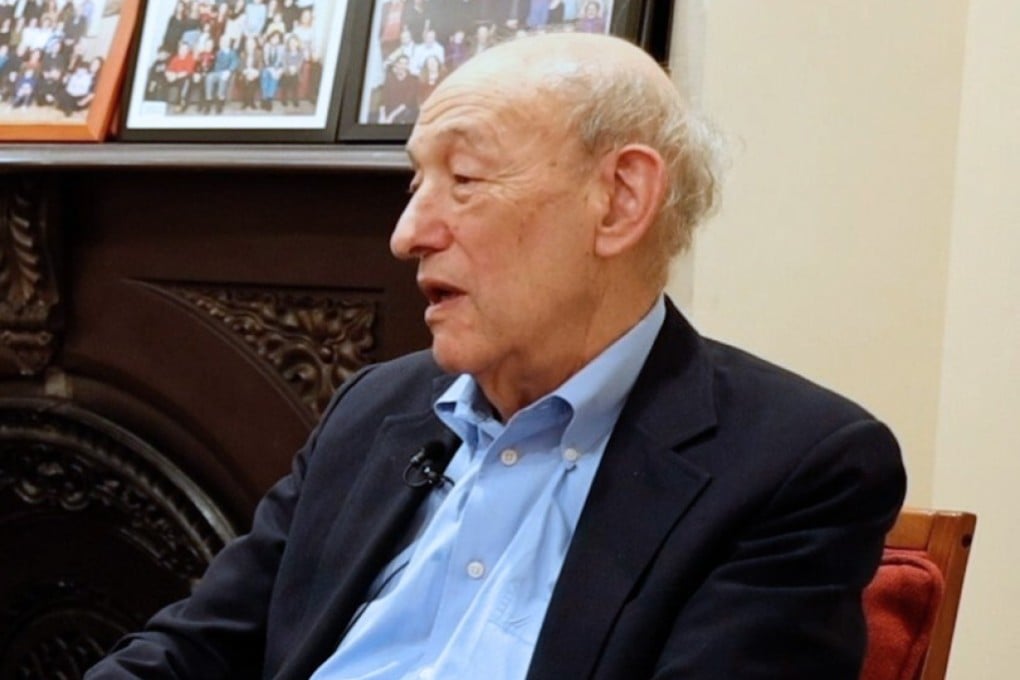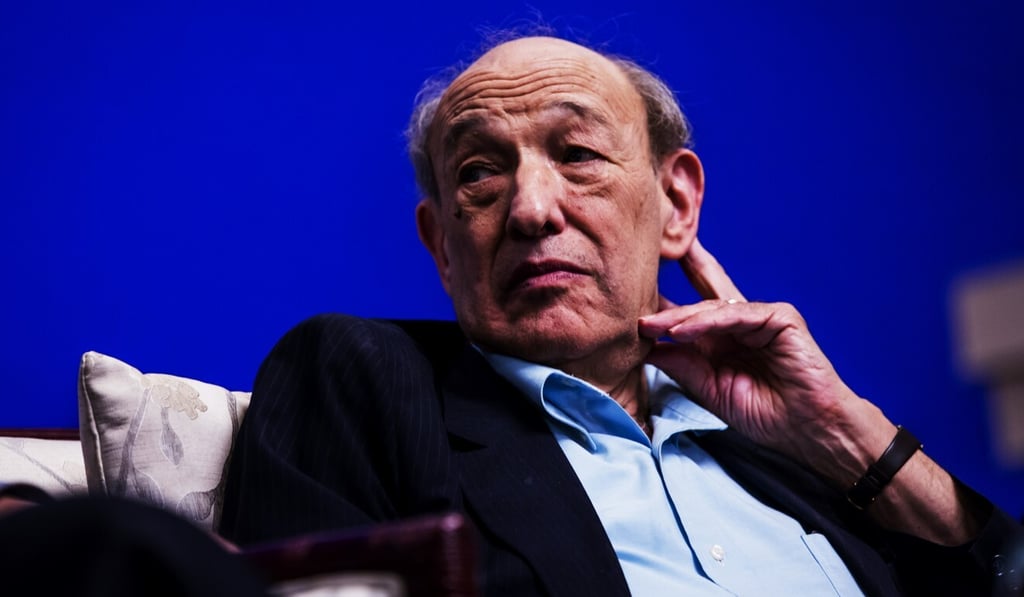From Mahathir to Lee Kuan Yew, late scholar Ezra Vogel’s work on Japan and China inspired a continent
- Vogel’s book, Japan as Number One, helped shape the Malaysian and Singaporean leaders’ domestic and foreign policies and changed Japan’s view of itself on the world stage
- The late professor’s legacy also includes a political biography of Deng Xiaoping and a historical study of China-Japan ties

Lee said even though civil service jobs were viewed as prestigious in Japan, with graduates from top universities competing for places, senior bureaucrats earned less than their counterparts in the private sector.
While the city state’s government could learn from Japan’s emphasis on recruiting the best candidates and the grooming of promising officers for senior positions, Lee said, its model was not entirely applicable for Singapore, being a small and young nation.
“[Singapore] cannot rely on the prestige of public service to make up for lower pay,” the late prime minister said then. “Singapore is a young society, not an established Japan with set traditions. Singaporeans, especially the young, talented and ambitious, gauge their status by material success and visible rewards. Our system must recognise this reality.”

A MODEL TO EMULATE